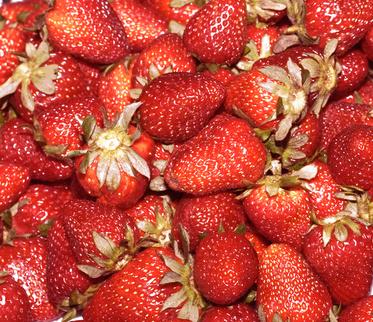Many parents and caregivers wonder if organic baby food provides any concrete benefits. Often more expensive than its conventional counterparts, organic baby food may seems like an unnecessary investment. However, according to Dr. Elizabeth Knapp, a pediatrician at Austin Regional Clinic Far West, organic baby food can support a baby’s developing body and brain and protect her from exposure to harmful substances.
Avoiding Contamination
Knapp recommends feeding babies organic food, or making your own baby food from organic sources, to avoid food contaminated with pesticides and toxins. She asserts that even small quantities of toxins can have a more profound effect on babies due to their sensitive systems and the fact that they have a smaller body mass. Fruits and vegetables in which you eat the peel or which have thin skins, such as peaches, berries, apples, pears and carrots, are often more likely to have higher pesticide content.
Nutritive Value
While no conclusive study has shown that organic baby food has higher nutritive value than conventional baby food, parenting expert Dr. William Sears says that preliminary evidence that shows organic vegetables and fruit could have more nutrients. Sears advises parents to feed babies organic baby food when possible, and to pay particular attention to using organic meat, poultry, dairy foods, fruits and vegetables. When purchasing packaged baby food, pay attention to nutrition labels. Some conventional brands add fillers that subtract from the product’s nutritive value. Sears recommends looking for labels, such as “certified organically grown” or “certified organic.”
Investing in Sustainable Practices
For parents, the practice of using organic baby food offers several benefits in terms of avoiding harmful agricultural practices and investing in sustainable farming. Purchasing baby food made of conventionally raised cattle and poultry often means that the product has been made from animals that have been given antibiotics. In addition, conventional dairy products often come from cattle that have been treated with growth hormones, which potentially reduces the animal’s life span.





